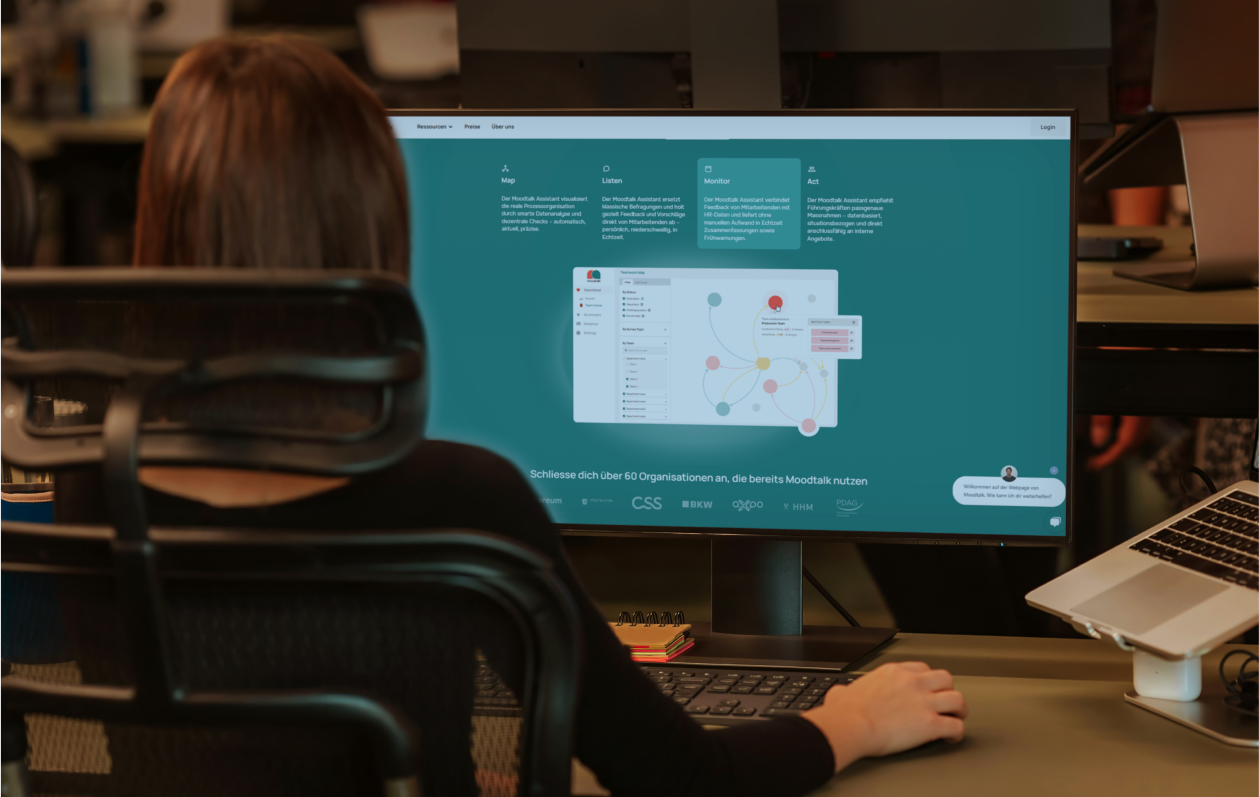In a world marked by economic and geopolitical turmoil, organizational culture has become a central focus for businesses. Increased uncertainty due to wars in Ukraine and the Middle East, persistent inflationary pressures, and shifting monetary policies are placing enormous stress on the global economy.
A key factor highlighting the growing importance of organizational culture is the widespread shortage of skilled workers affecting industries across the board. The competition for top talent is intensifying as companies increasingly realize that customer satisfaction with outstanding products and services sharply declines without qualified employees. In this context, organizational culture proves not only to be a stabilizer but also a decisive competitive advantage. This increased competition from the employee side leads to rising turnover and absenteeism rates across industries. Companies in various sectors are already struggling with increasing turnover rates, and absenteeism costs burden organizations with around 21 billion Swiss francs annually (as of 2022). These figures underscore the urgency of placing a future-ready organizational culture—with high employee retention and health—at the center of corporate strategy. A future-ready organizational culture is not only a buffer against external shocks but also a catalyst for internal innovation, adaptability, and effective teamwork.
This article explores how a strong and adaptive organizational culture will become a decisive competitive advantage in the near future—yet team and organizational development is only effective when implemented systematically and data-driven. The foundation is based on over one hundred qualitative interviews with board members, executives, and department leaders; various studies; and metadata from Moodtalk covering more than 50 organizations. This paper serves as inspiration for all decision-makers—not as an absolute truth.
Sources










.jpg)













